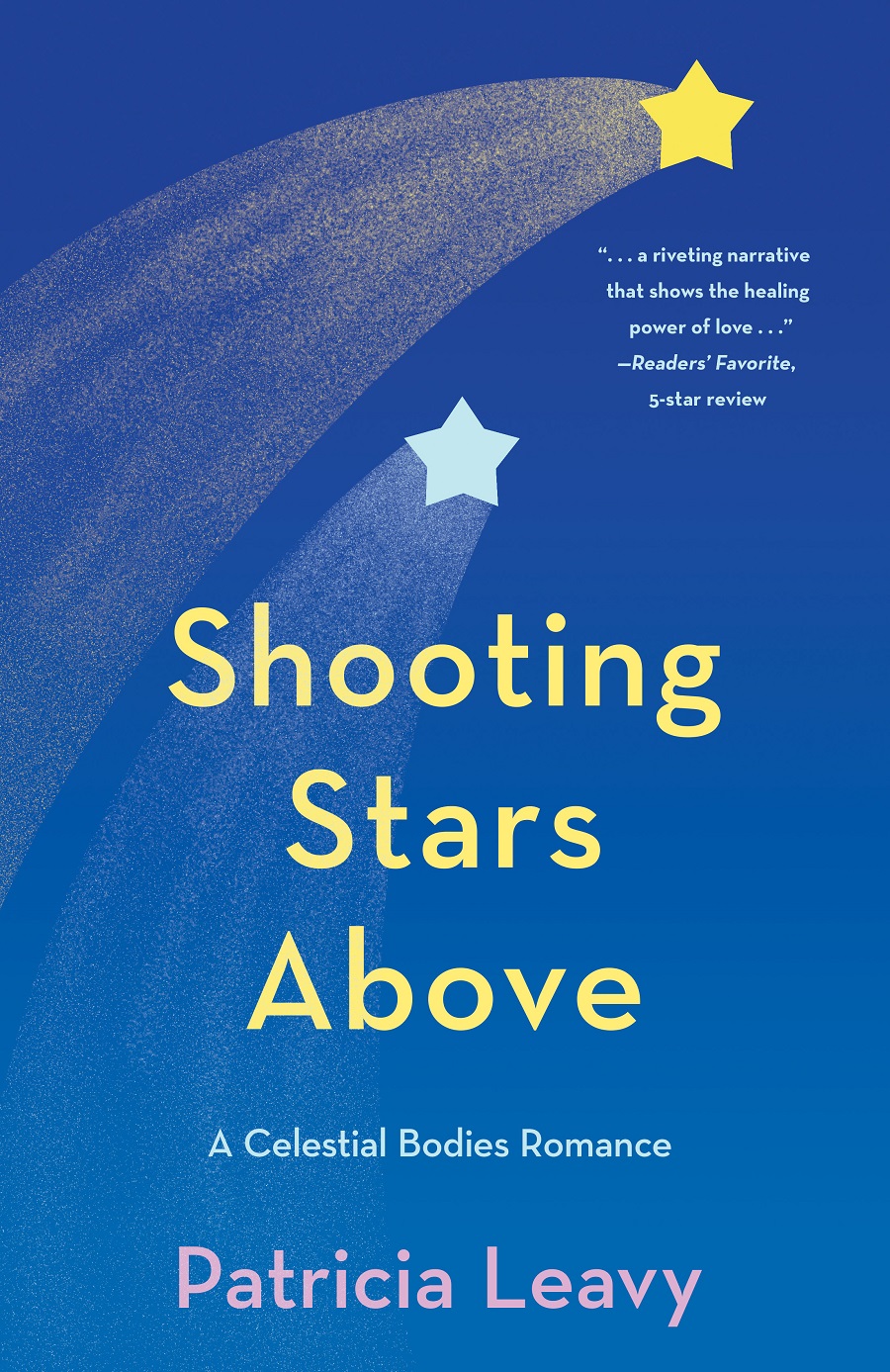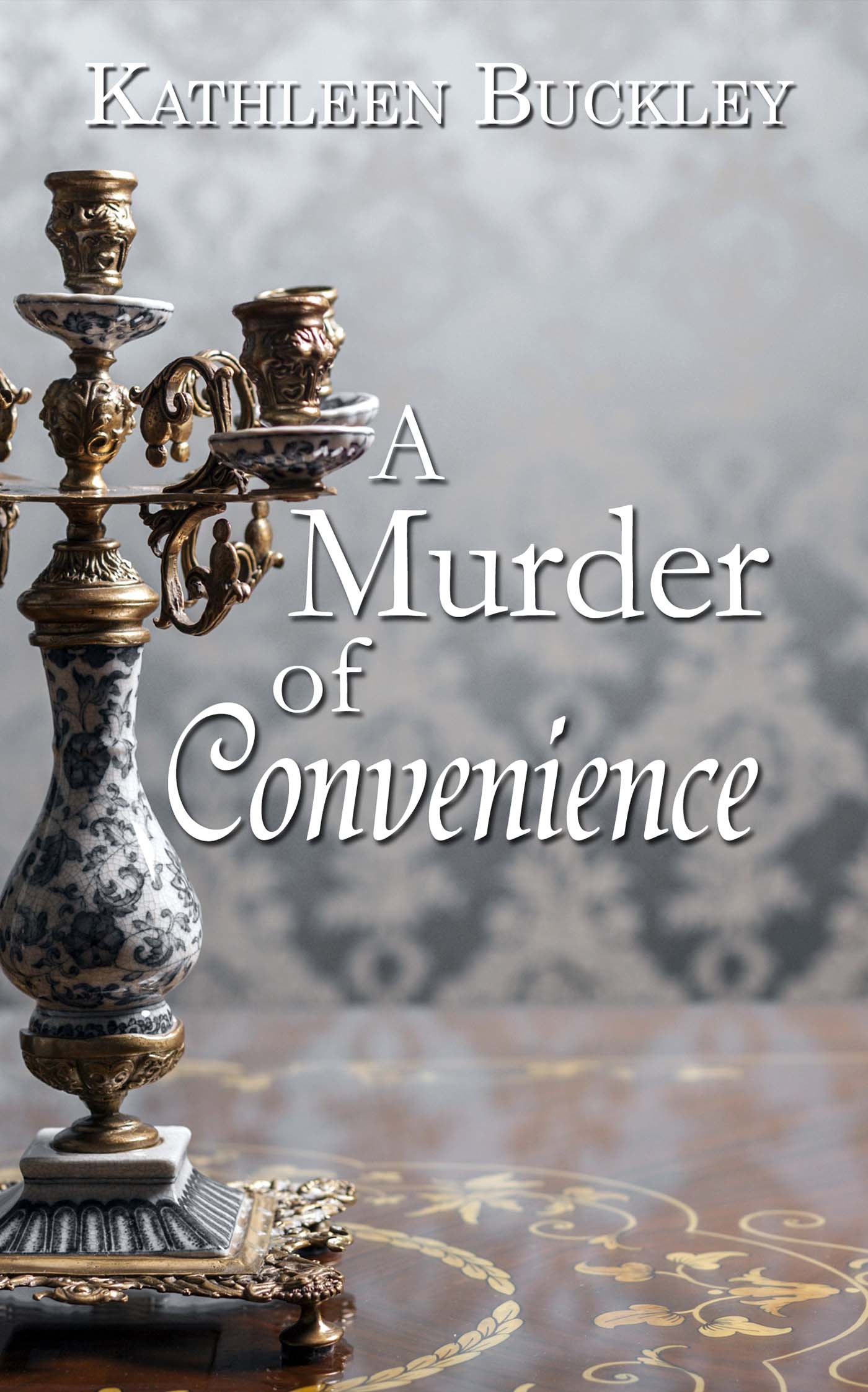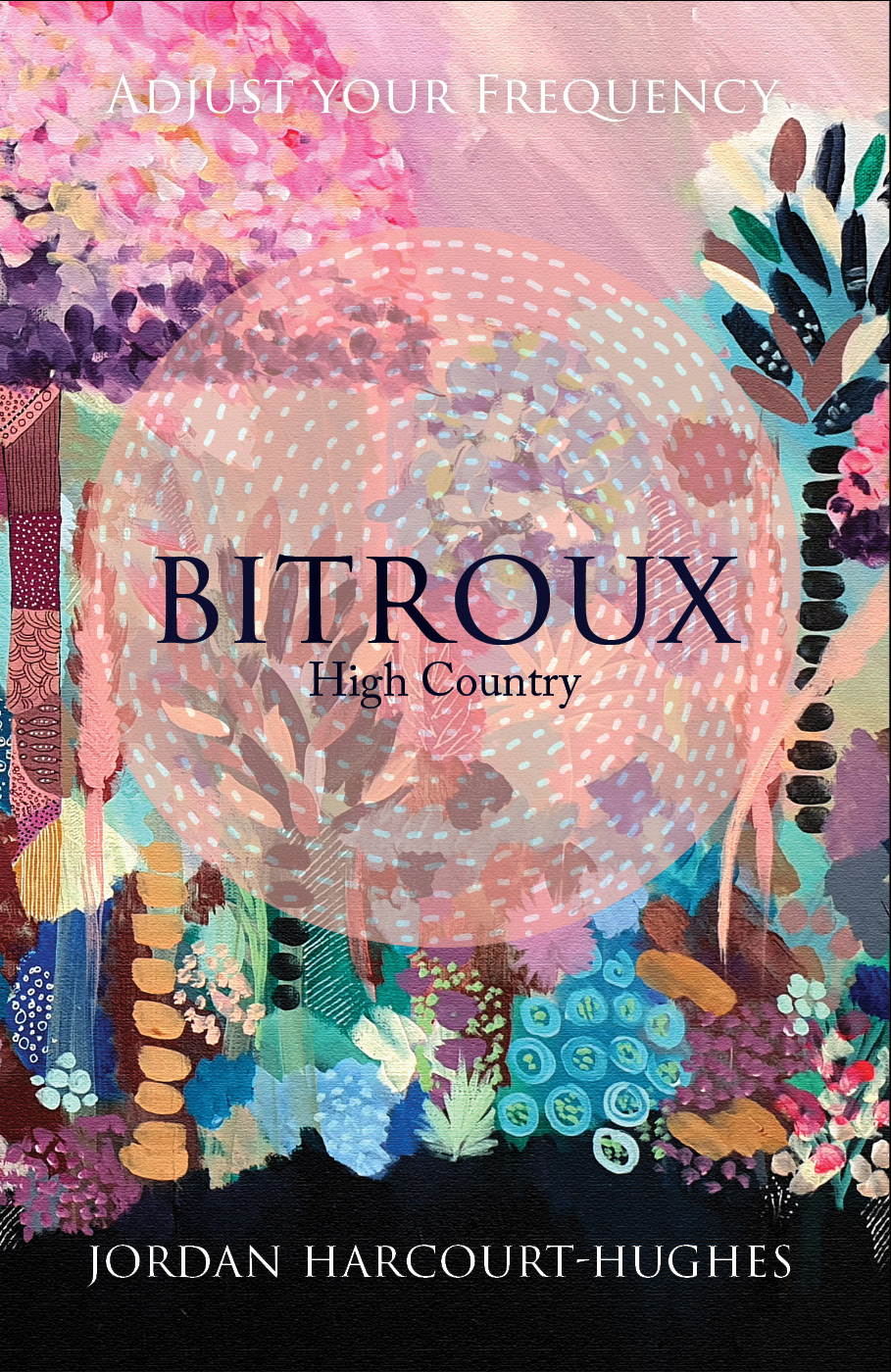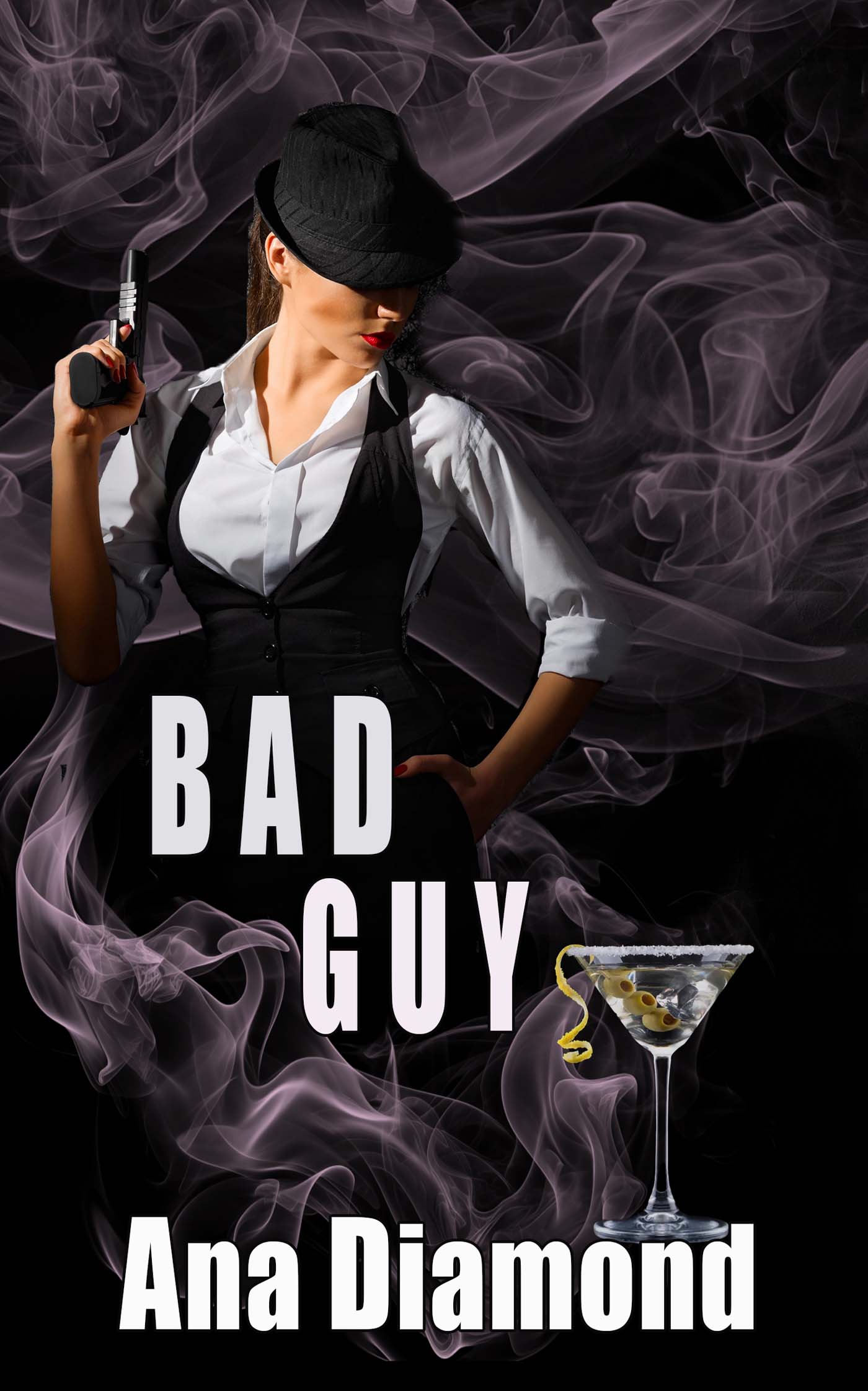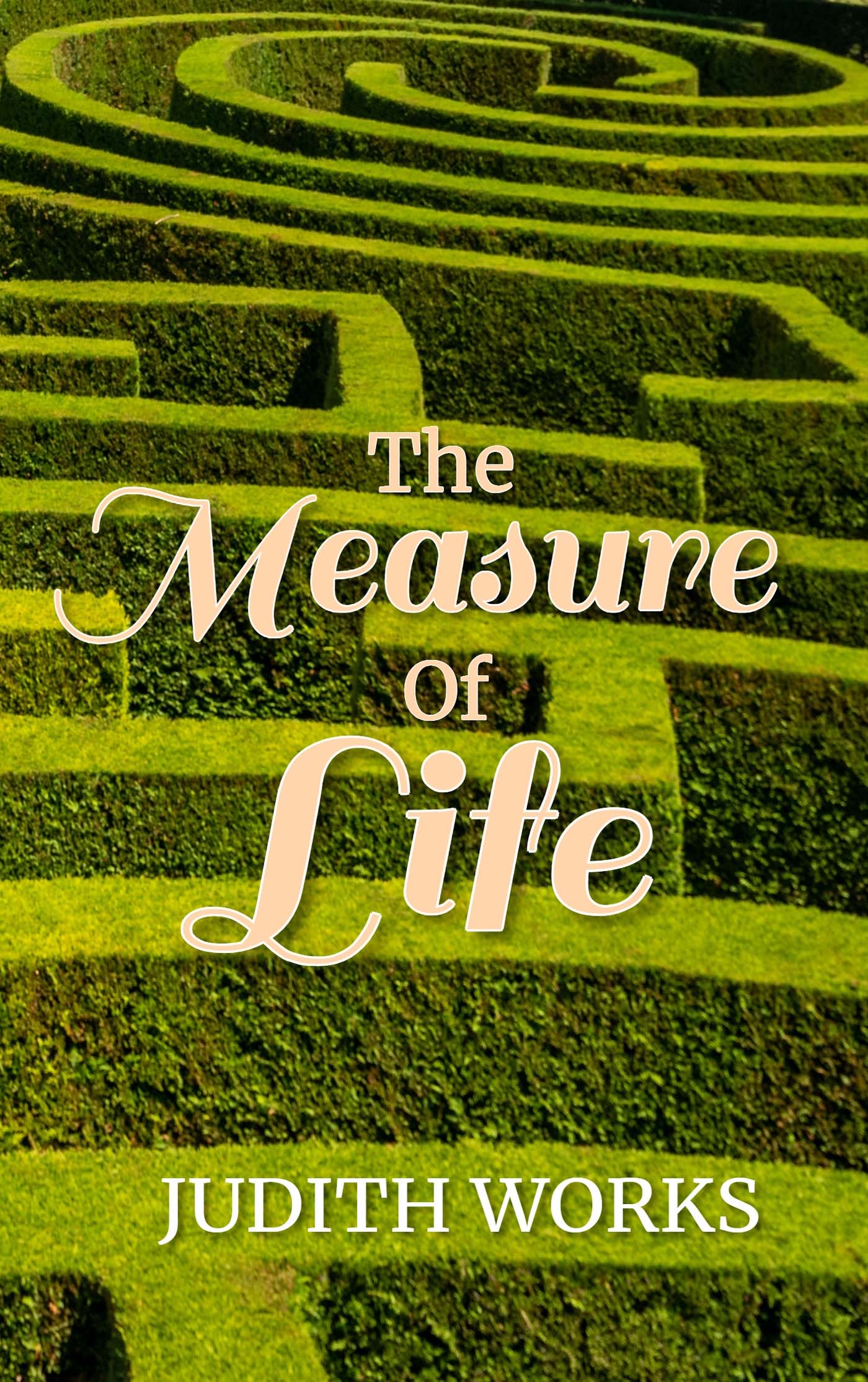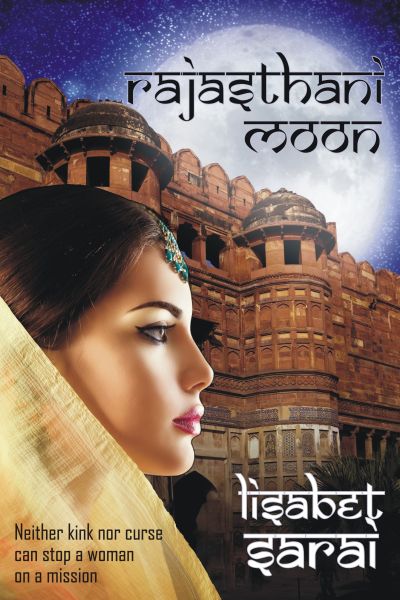This post is part of a virtual book tour organized by Goddess Fish Promotions. Carmela Cattuti will be awarding $10 Amazon or B/N GC to a randomly drawn winner via rafflecopter during the tour. Click on the tour banner to see the other stops on the tour.
The satisfying conclusion to Angela Lanza’s story which began in Between the Cracks when she loses her entire family in the earthquake on Sicily following the 1908 eruption of Mt. Etna and continues in The Ascent as she adjusts to life in the United States as a new bride and Italian American immigrant. Now, in the final installment in the trilogy, The Benevolence of New Ideas, thrusts Angela and her family into the heart of the Vietnam War and the turbulent times of the 1970s. As the family matriarch, Angela guides her niece, Marie, through these challenges and the era’s limiting structures of education and organized religion, helping Marie to embrace new ideas and expand her intuition and relationship with the unseen world. Angela’s compassion and wisdom has an exceptional impact on Marie’s life and those around her. A fulfilling ending that celebrates Angela’s wisdom in all things along with her well lived life from tragedy to triumph and from heartbreak to the enduring love of family.
Enjoy an Excerpt
Angela had cared for Franco during his long illness, and now she was free. The relief she felt made her cringe. How could she so easily feel relief when Franco had suffered? She grieved but was thankful there would be no more concerns about leaving him home alone, or trips to the doctor, or Franco insisting he could perform a task when he couldn’t. He had emigrated from Sicily at age twelve 12 in the early 20th century full of energy and promise. Now, in 1968, Angela looked back and felt he had been successful in fulfilling that promise. Franco had brought Angela, at age eighteen, from the convent orphanage in Palermo, where she had lived since the 1908 earthquake, to a new life in Nelsonville, New York, about forty-five minutes north of Manhattan. It was not the life she thought she would have in America, but what she had created in America she never would have had the opportunity to experience had she stayed in Sicily.
Angela kissed Franco several times on both cheeks and on the lips. The doctors had said it was a matter of time until he would pass away. She could see death hovering and begin to slowly drape his body from his head to his feet as if giving Angela time to say good-bye.
“Adio mio caro,” whispered Angela. “Grazie di tutto.” Tears rolled down her face onto Franco’s cheek and mouth. His eyes were open and fixed, as if peering into the world beyond. She put her hands on the sides of his face and with her thumbs closed his eyes.
About the Author:
Carmela Cattuti started her writing career as a journalist for the Somerville News in Boston, MA. After she finished her graduate work in English Literature from Boston College she began to write creatively and taught a journal writing course at the Cambridge Center for Adult Education. As fate would have it, she felt compelled to write this homage to her great-aunt, who survived the earthquake and eruption of Mt. Etna and bravely left Sicily to start a new life in America.
Between the Cracks and The Ascent began the story, which now concludes with the final book in the trilogy.
Buy the book at Amazon.



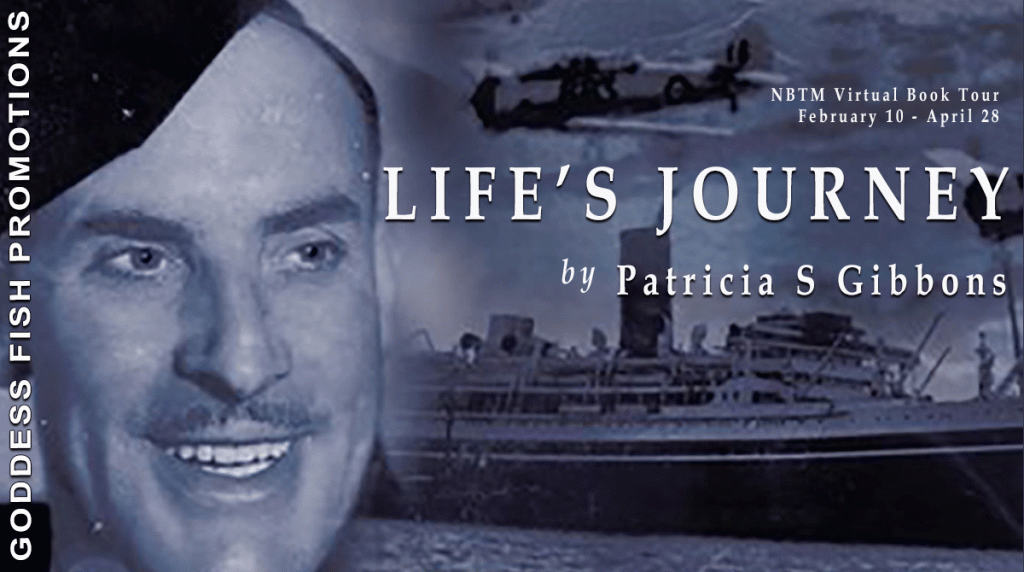
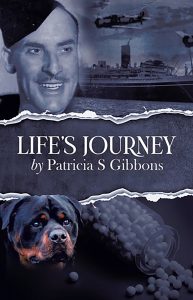
 Patricia writes under the fictitious name of Patricia Gibbons. She has lived a busy life and some of her adventures are in her new novel, Life’s Journey, but not all:
Patricia writes under the fictitious name of Patricia Gibbons. She has lived a busy life and some of her adventures are in her new novel, Life’s Journey, but not all: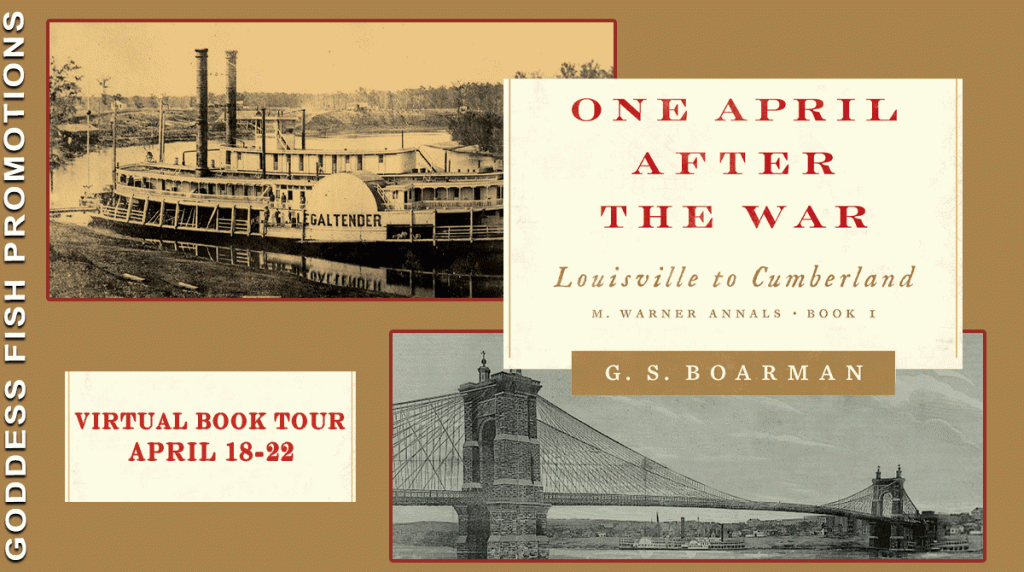
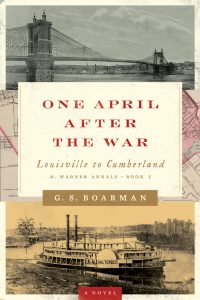 When Mary Warner is requested to attend a meeting with her estranged godfather, President Ulysses S. Grant, she quickly finds that an invitation from the office of the President is an offer she can’t refuse.
When Mary Warner is requested to attend a meeting with her estranged godfather, President Ulysses S. Grant, she quickly finds that an invitation from the office of the President is an offer she can’t refuse.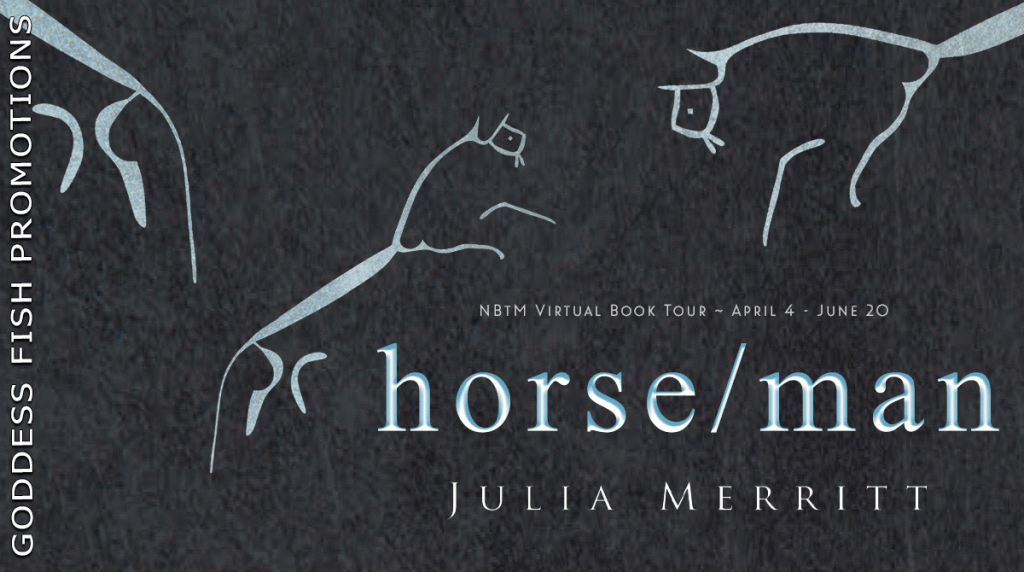
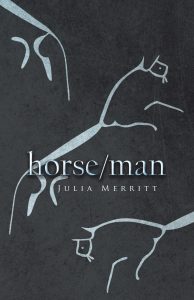 What happens when your entire identity revolves around a way of life that is becoming obsolete?
What happens when your entire identity revolves around a way of life that is becoming obsolete?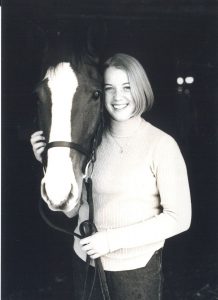 Julia Merritt has been captivated by horses ever since she could see out of the car window. Then she grew up and became a public library CEO and certified animal bodyworker. She lives in Ontario, Canada, with her thoroughbred horses and smooth collie dogs. This is her first novel.
Julia Merritt has been captivated by horses ever since she could see out of the car window. Then she grew up and became a public library CEO and certified animal bodyworker. She lives in Ontario, Canada, with her thoroughbred horses and smooth collie dogs. This is her first novel.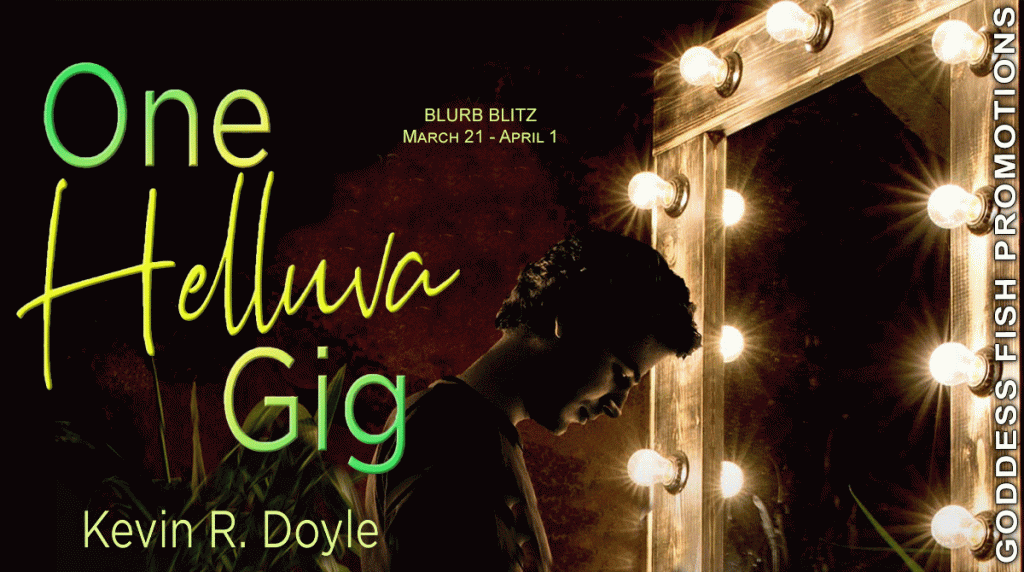
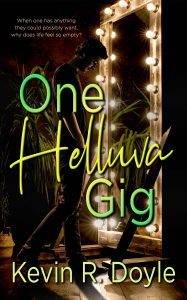 Rob Jeffers has it all: fame, money, and the life of a rock and roll star. Frank Peters is a regular guy, a newspaper reporter who just happens to have a passing acquaintance with the Great Jeffers. As Jeffers’s career shoots up, Peters’s fortunes follows in his wake.
Rob Jeffers has it all: fame, money, and the life of a rock and roll star. Frank Peters is a regular guy, a newspaper reporter who just happens to have a passing acquaintance with the Great Jeffers. As Jeffers’s career shoots up, Peters’s fortunes follows in his wake.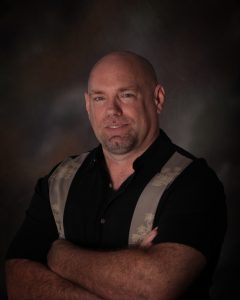 A high-school teacher, former college instructor and fiction writer, Kevin R. Doyle is the author of numerous short horror stories. He’s also written three crime thrillers, The Group, When You Have to Go There, and And the Devil Walks Away and one horror novel, The Litter. Recently, he’s begun working on the Sam Quinton private eye series. The first Quinton book, Squatter’s Rights, was nominated for the 2021 Shamus award as Best First PI Novel. The second book, Heel Turn, was released in March of 2021, while the third in the series, Double Frame, is due out March of 2022.
A high-school teacher, former college instructor and fiction writer, Kevin R. Doyle is the author of numerous short horror stories. He’s also written three crime thrillers, The Group, When You Have to Go There, and And the Devil Walks Away and one horror novel, The Litter. Recently, he’s begun working on the Sam Quinton private eye series. The first Quinton book, Squatter’s Rights, was nominated for the 2021 Shamus award as Best First PI Novel. The second book, Heel Turn, was released in March of 2021, while the third in the series, Double Frame, is due out March of 2022. 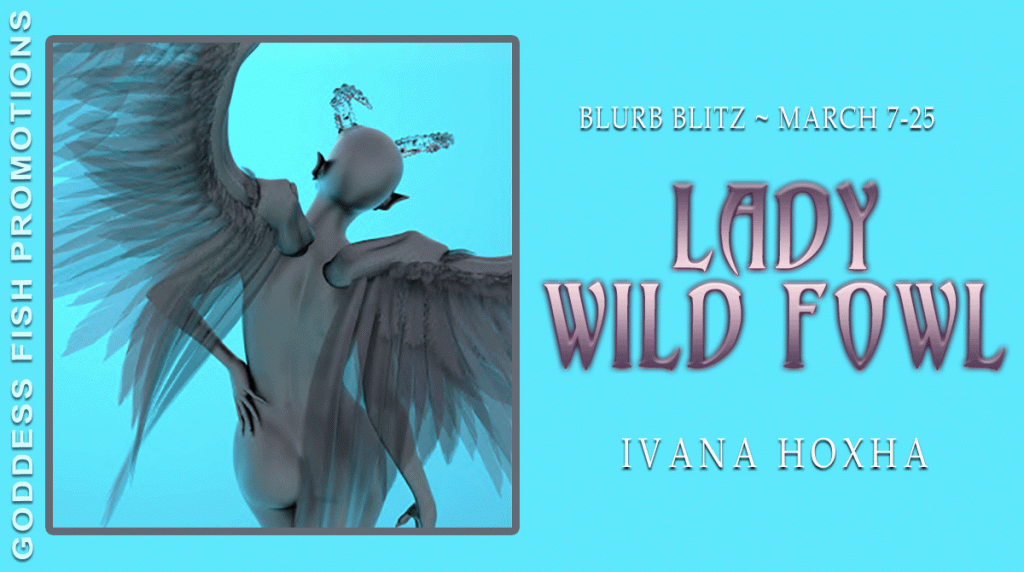
 Lady Wild Fowl is an unusual, self-developing story, that analyzes the deepest repressed feelings and emotions, narrated from the romantic mindset of a twenty-six years old lady, who has never had a man in her life.
Lady Wild Fowl is an unusual, self-developing story, that analyzes the deepest repressed feelings and emotions, narrated from the romantic mindset of a twenty-six years old lady, who has never had a man in her life.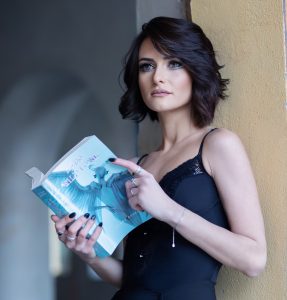 My name is Ivana and I am from Albania, but I am a citizen of the world. I have studied languages and literature, and I currently speak 5 languages.
My name is Ivana and I am from Albania, but I am a citizen of the world. I have studied languages and literature, and I currently speak 5 languages.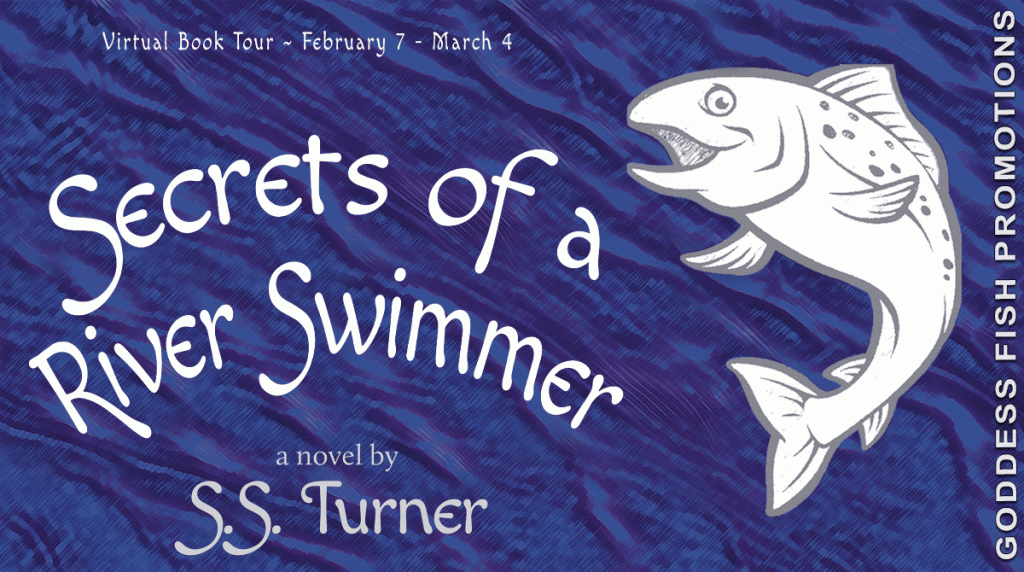
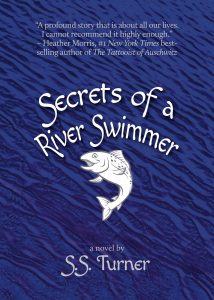 As Freddy gazes at the majestic river gushing past him in the depths of a Scottish winter, he’s ready to jump in and end his life. But what happens next is not what Freddy expects. From the moment he enters the river, Freddy starts a journey which is more beautiful, funny, and mysterious than he could have imagined. And through this journey Freddy’s story becomes interweaved with a cast of unforgettable characters who are equally lost and in search of answers. Eventually they all unite in their quest for an answer to the biggest question of them all: will the river take them where they want to go?
As Freddy gazes at the majestic river gushing past him in the depths of a Scottish winter, he’s ready to jump in and end his life. But what happens next is not what Freddy expects. From the moment he enters the river, Freddy starts a journey which is more beautiful, funny, and mysterious than he could have imagined. And through this journey Freddy’s story becomes interweaved with a cast of unforgettable characters who are equally lost and in search of answers. Eventually they all unite in their quest for an answer to the biggest question of them all: will the river take them where they want to go? S.S. Turner has been an avid reader, writer, and explorer of the natural world throughout his life which has been spent in England, Scotland and Australia. Just like Freddy in his first novel, Secrets of a River Swimmer, he worked in the global fund management sector for many years but realized it didn’t align with his values. In recent years, he’s been focused on inspiring positive change through his writing as well as trying not to laugh in unfortunate situations. He now lives in Australia with his wife, daughter, two dogs, two cats, and ten chickens.
S.S. Turner has been an avid reader, writer, and explorer of the natural world throughout his life which has been spent in England, Scotland and Australia. Just like Freddy in his first novel, Secrets of a River Swimmer, he worked in the global fund management sector for many years but realized it didn’t align with his values. In recent years, he’s been focused on inspiring positive change through his writing as well as trying not to laugh in unfortunate situations. He now lives in Australia with his wife, daughter, two dogs, two cats, and ten chickens.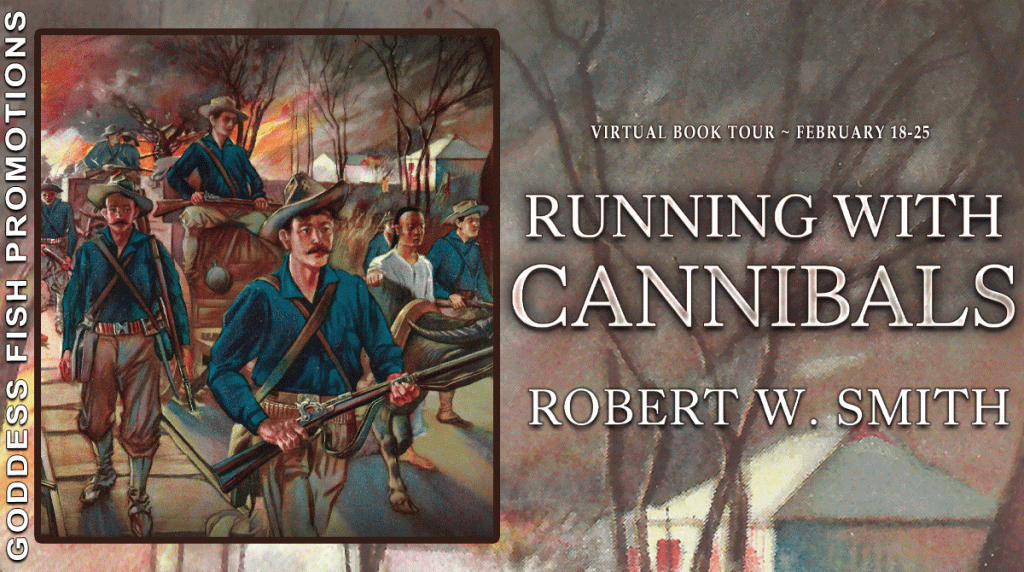
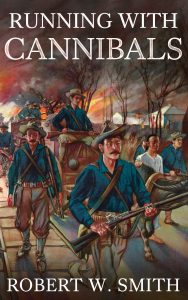 On the run from a hangman’s noose, a young man joins the army in search of anonymity, but lands in the Philippines in the closing phase of the war (1901), where his life intersects with a beguiling and mysterious young Filipina, a disillusioned Catholic priest and an American “Negro” deserter. They join forces, each in his or her own way, to hold back the tide of greed and colonial barbarity from a ravenous Eagle. At great cost, the young soldier will find his place, his people and himself. But to end his running, he must endure the last battle and the dark jungle beyond that holds the key to his fate and future.
On the run from a hangman’s noose, a young man joins the army in search of anonymity, but lands in the Philippines in the closing phase of the war (1901), where his life intersects with a beguiling and mysterious young Filipina, a disillusioned Catholic priest and an American “Negro” deserter. They join forces, each in his or her own way, to hold back the tide of greed and colonial barbarity from a ravenous Eagle. At great cost, the young soldier will find his place, his people and himself. But to end his running, he must endure the last battle and the dark jungle beyond that holds the key to his fate and future. Bob was raised in Chicago, enlisting in the Air Force at age eighteen during the Vietnam War. Following a year of intensive language training at Syracuse University, he served three years as a Russian Linguist in Security Service Command, a branch of the NSA. Upon return to civilian live, he attended DePaul University and The John Marshall Law School in Chicago on the G.I. Bill while working as a Chicago Transit Authority Police Officer. Thirty-odd years as a criminal defense lawyer in Chicago ensued. His first book was Immoral Authority (Echelon Press, 2002) followed by Catch a Falling Lawyer (New Leaf Books, 2005) and The Sakhalin Collection (New Leaf Books, 2007, hardcover)
Bob was raised in Chicago, enlisting in the Air Force at age eighteen during the Vietnam War. Following a year of intensive language training at Syracuse University, he served three years as a Russian Linguist in Security Service Command, a branch of the NSA. Upon return to civilian live, he attended DePaul University and The John Marshall Law School in Chicago on the G.I. Bill while working as a Chicago Transit Authority Police Officer. Thirty-odd years as a criminal defense lawyer in Chicago ensued. His first book was Immoral Authority (Echelon Press, 2002) followed by Catch a Falling Lawyer (New Leaf Books, 2005) and The Sakhalin Collection (New Leaf Books, 2007, hardcover)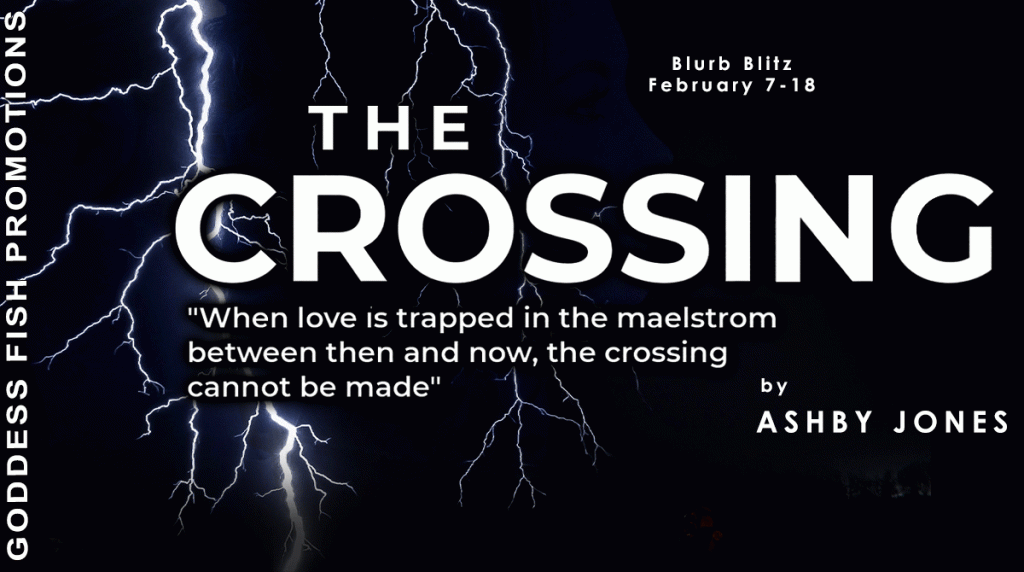
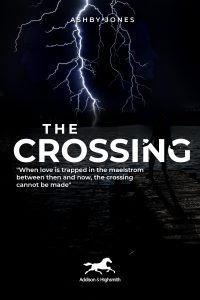 The Crossing is a powerful and haunting love story of surprising discovery set in Manhattan’s Hell’s Kitchen during Prohibition. Its mission seeks to reconcile love and guilt, grief and promise. Set apart from other stories, it combines history, fact, surrealism, and reality into an ever-recycling boost of the human spirit.
The Crossing is a powerful and haunting love story of surprising discovery set in Manhattan’s Hell’s Kitchen during Prohibition. Its mission seeks to reconcile love and guilt, grief and promise. Set apart from other stories, it combines history, fact, surrealism, and reality into an ever-recycling boost of the human spirit. Ashby Jones has been writing historical novels for 50 years. With degrees in Literature and Clinical Psychology; Creative Writing at UCLA under the guidance of Leonardo Bercovici. Jones previously published: The Angel’s Lamp in 2017 which was well received and reviewed by the Irish Times. Jones’s passion is writing literary fiction that attempts to understand mankind’s never-ending battles with irony, tragedy, blatant contradiction, and the anomalies of love. Such is the focus of ‘The Crossing’, a stand-alone sequel to ‘The Angel’s Lamp’, his first novel. He studied under such notables as William Hoffman, a best-selling author, and years later at U.C.L.A. under Leonardo Bercovici, a highly regarded screenwriter.
Ashby Jones has been writing historical novels for 50 years. With degrees in Literature and Clinical Psychology; Creative Writing at UCLA under the guidance of Leonardo Bercovici. Jones previously published: The Angel’s Lamp in 2017 which was well received and reviewed by the Irish Times. Jones’s passion is writing literary fiction that attempts to understand mankind’s never-ending battles with irony, tragedy, blatant contradiction, and the anomalies of love. Such is the focus of ‘The Crossing’, a stand-alone sequel to ‘The Angel’s Lamp’, his first novel. He studied under such notables as William Hoffman, a best-selling author, and years later at U.C.L.A. under Leonardo Bercovici, a highly regarded screenwriter.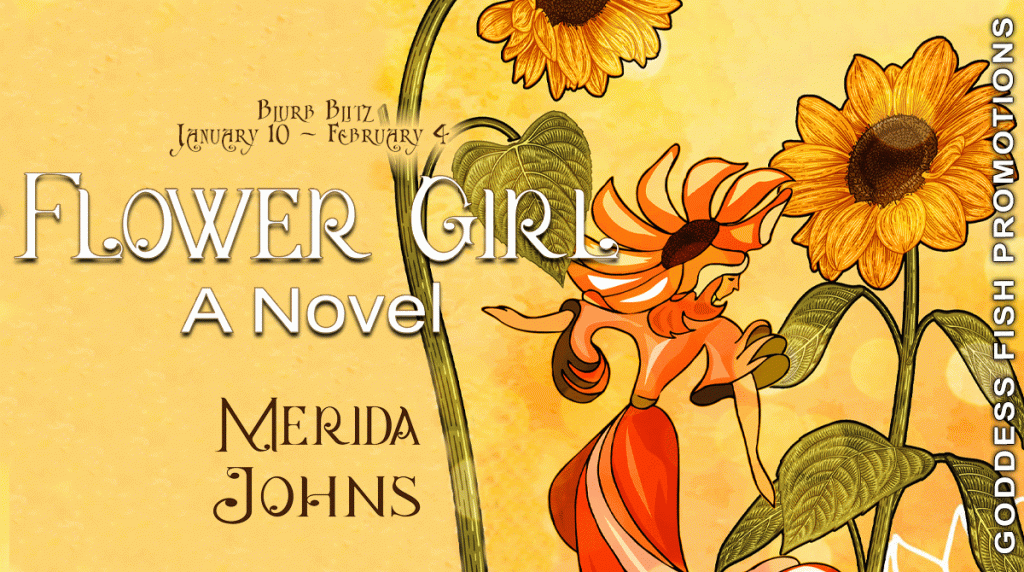
 Everyone wants to believe they can hold on to their anchor, the light of their North Star, and live their truth . . . Suzanna Jordan did too until she fell for a man with a movie-star presence and a dark alter ego. Losing hope of salvaging her life and gaining her freedom, an unlikely source serves up a platter of just desserts that even Suzanna’s treacherous abuser might not evade.
Everyone wants to believe they can hold on to their anchor, the light of their North Star, and live their truth . . . Suzanna Jordan did too until she fell for a man with a movie-star presence and a dark alter ego. Losing hope of salvaging her life and gaining her freedom, an unlikely source serves up a platter of just desserts that even Suzanna’s treacherous abuser might not evade. Merida Johns writes about the human experience—that often is messy—and how ordinary people tackle challenges, live through sorrow and betrayal, struggle with doubt, but despite this, gather the strength to act on their aspirations and achieve flourishing lives.
Merida Johns writes about the human experience—that often is messy—and how ordinary people tackle challenges, live through sorrow and betrayal, struggle with doubt, but despite this, gather the strength to act on their aspirations and achieve flourishing lives.



